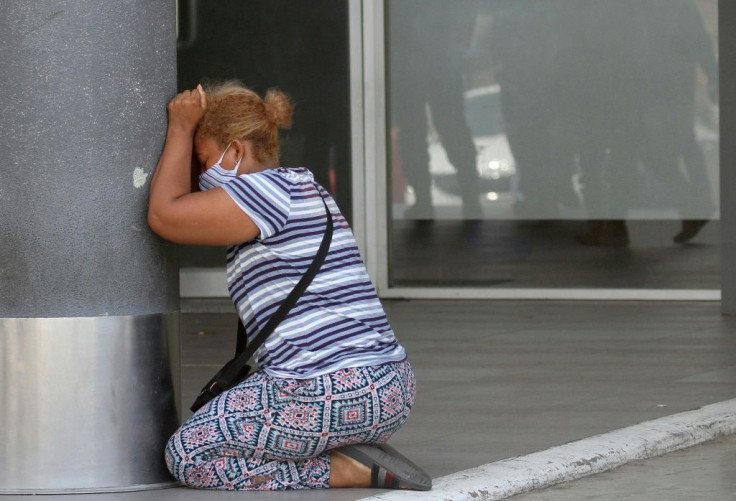Heartsick? Families of ICU Patients at Greater Risk for Heart Problems

It is no surprise that having a family member, especially a partner or spouse, in the intensive care unit (ICU) is scary and stressful.
New research from the School of Public Health at the University of Tokyo in Japan found that spouses of ICU patients were 27% more likely to come back to the hospital with a cardiovascular complaint. They were also slightly more likely to be diagnosed with high blood pressure, diabetes or high cholesterol.
What’s more, spouses were most likely to return in the month after their partners were in the ICU.
The study looked at close to 8,000 couples where one partner had a stay of two days or longer in the ICU. Researchers followed what happened to the non-hospitalized spouses and compared them to people of the same age and gender who had not had a partner in the hospital. Interestingly, while the ICU patients had a range of medical conditions, the most consistent reaction of the spouse was heart-related.
This study did not take baseline health into account. Any couple that has spent a lazy evening at home on the couch instead of going for a jog knows that one partner’s health decision impacts the other. In fact, research has found that romantic partners tend to have similar body mass indexes.
So, is it possible that lifestyle factors that contribute to one person’s health issues could cause the same issues in a partner? Maybe, but this study supports the possibility that there may be other, complicated, and possibly emotional, factors that affect the heart.
A lot of research points to spouses who lose their partner as being at a greater cardiovascular risk. There’s even something called “broken heart syndrome.” According to the American Heart Association, it’s medical name is stress-induced cardiomyopathy. This means that because of stress, often from something negative, like the death of a loved one, but sometimes from a good surprise, part of the heart stops pumping properly, causing chest pain and an irregular heartbeat. Long-term, it is very treatable, but it can still cause short-term damage.
So, although more research is needed to understand the emotional and physiological toll that stress takes on the heart, there may be an opportunity to intervene -- especially after something as stressful as a spouse’s hospitalization -- and save lives.
Sabrina Emms is a science journalist. She got her start as an intern at a health and science podcast out of Philadelphia public radio. Before that she worked as a researcher, looking at the way bones are formed. When out of the lab and away from her computer, she's moonlighted as a pig vet's assistant and a bagel baker.
Published by Medicaldaily.com



























